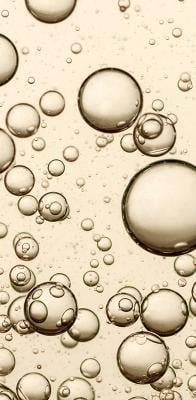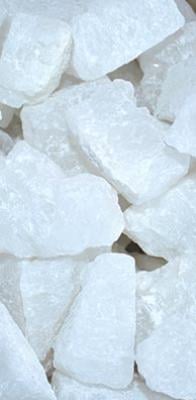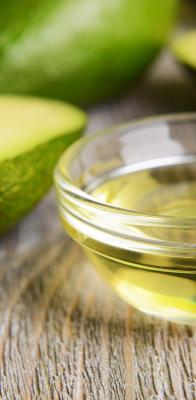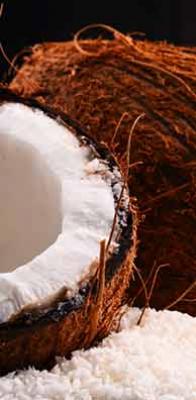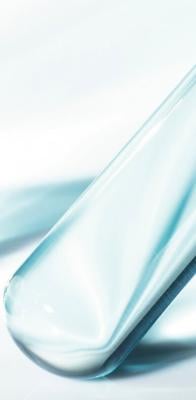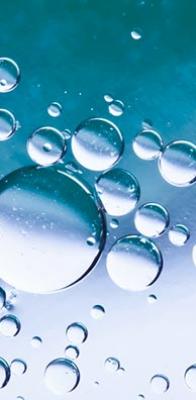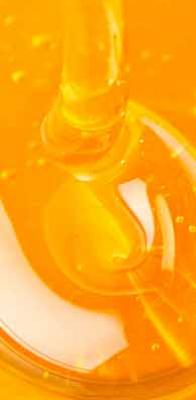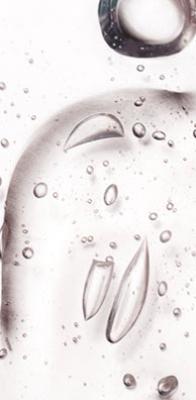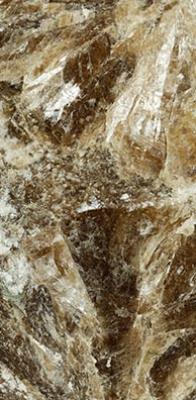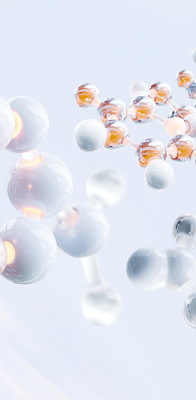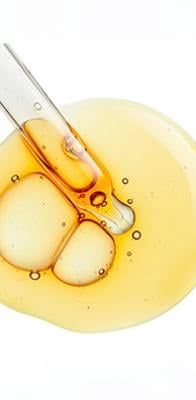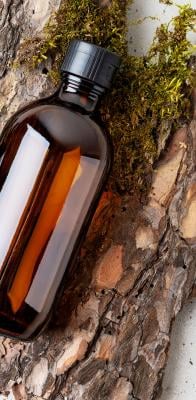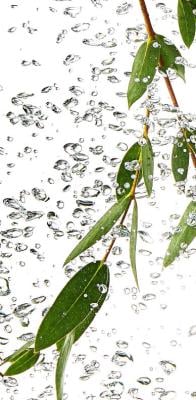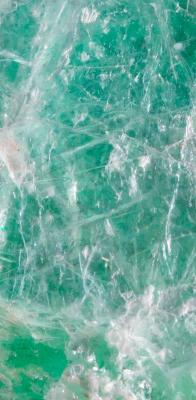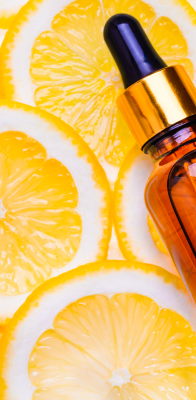What is Melasyl™?
Melasyl™ is a molecule from the thiopyridinone family. This cosmetic ingredient has been patented* and developed by L'Oréal to regulate hyperpigmentation problems and dyschromia, and to improve skin tone evenness.
This ingredient acts on the synthesis of melanin, the natural molecule responsible for skin pigmentation, by capturing its precursors before they are transformed into coloured pigments that can accumulate excessively and unevenly, causing skin pigmentation marks.
The Melasyl™ in our cosmetic products appears in the list of ingredients on the packaging under the name "2-MERCAPTONICOTINOYL GLYCINE" or "2-MNG".
*23 patents have been filed for MelasylTM in different parts of the world
Where does it come from?

This ingredient is a synthetic molecule developed by Advanced Research in Aulnay-sous-Bois and manufactured by Novéal.
The thiopyridinone family was identified through an extensive evaluation campaign, refined using in silico and in vitro tools.
This research led to the discovery of Melasyl™, which was presented as the best candidate, taking into account efficacy, safety, bioavailability and environmental profile, in particular its reduced water footprint.
What is it used for?
Melasyl™ is used in certain cosmetic products for its benefits on the appearance of the skin, whatever the complexion. It is recommended for people with localised skin hyperpigmentation problems.
Melasyl™ formulations in combination with other active ingredients maximise the performance of the final product and improve the appearance of dark spots, even the most persistent ones.
This ingredient is very well tolerated, even by the most sensitive skin.
-
Reduces pigmentation marks
-
Improves uneven skin tone
-
Evens the complexion
How does it work?
Melasyl™ has a unique way of working that targets melanin precursors, such as dopaquinone, DHI (5,6-dihydroxyindole) and DHICA (5,6-dihydroxyindole-2-carboxylic acid), to deactivate them and prevent excessive accumulation of melanin pigment in the skin.
This process therefore ensures that the natural biological pathways involved in the production of the skin pigments responsible for its colour are not permanently altered
Melasyl™ is used to treat pigmentation disorders and complexion irregularities.
The facts:
- Melasyl™ has demonstrated strong depigmentation efficacy in vitro and in vivo.1
- In vitro studies have revealed that Melasyl™ is a molecule that interacts with melanin precursors, preventing the production of growing melanin.2
- In vivo studies have shown that Melasyl™ significantly prevents immediate darkening and inhibits melanin production.
- Melasyl™ helps prevent the formation or worsening of most localised hyperpigmentation disorders induced by UV rays.1
1 2-mercaptonicotinoyl glycine, a new potent brightening agent exhibiting a unique mode of action investigated vitro & vivo. P. Sextius; R. de Dormael, A. Prévot Guéguiniat, G. Lereaux, E. Warrick, R. Tachon, G. Kumar, E. Mainguene, C. Tricaud and S. Diridollou
2 Discovery of 2-mercaptonicotinoyl glycine, a new potent brightening agent for hyperpigmentation management, exhibiting a low environmental impact. Prévot-Guéguiniat A, Sextius P, Baux L, Qiu J, Lharidon J, Marat X
How is it used in our products?
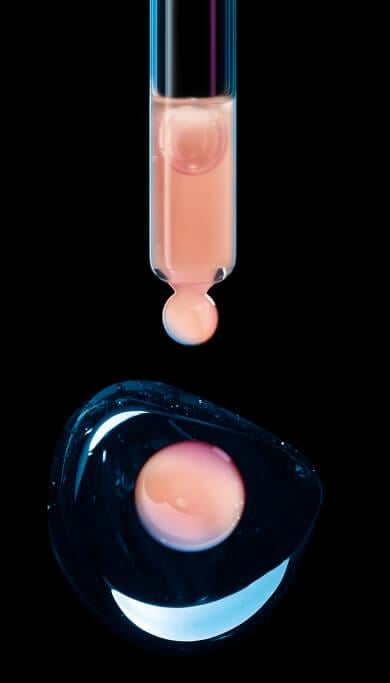
Melasyl™ is used in La Roche Posay's MelaB3 range. Other group brands such as L'Oréal Paris and Vichy will follow with future launches, giving consumers greater access to expert formulas incorporating this new ingredient.


